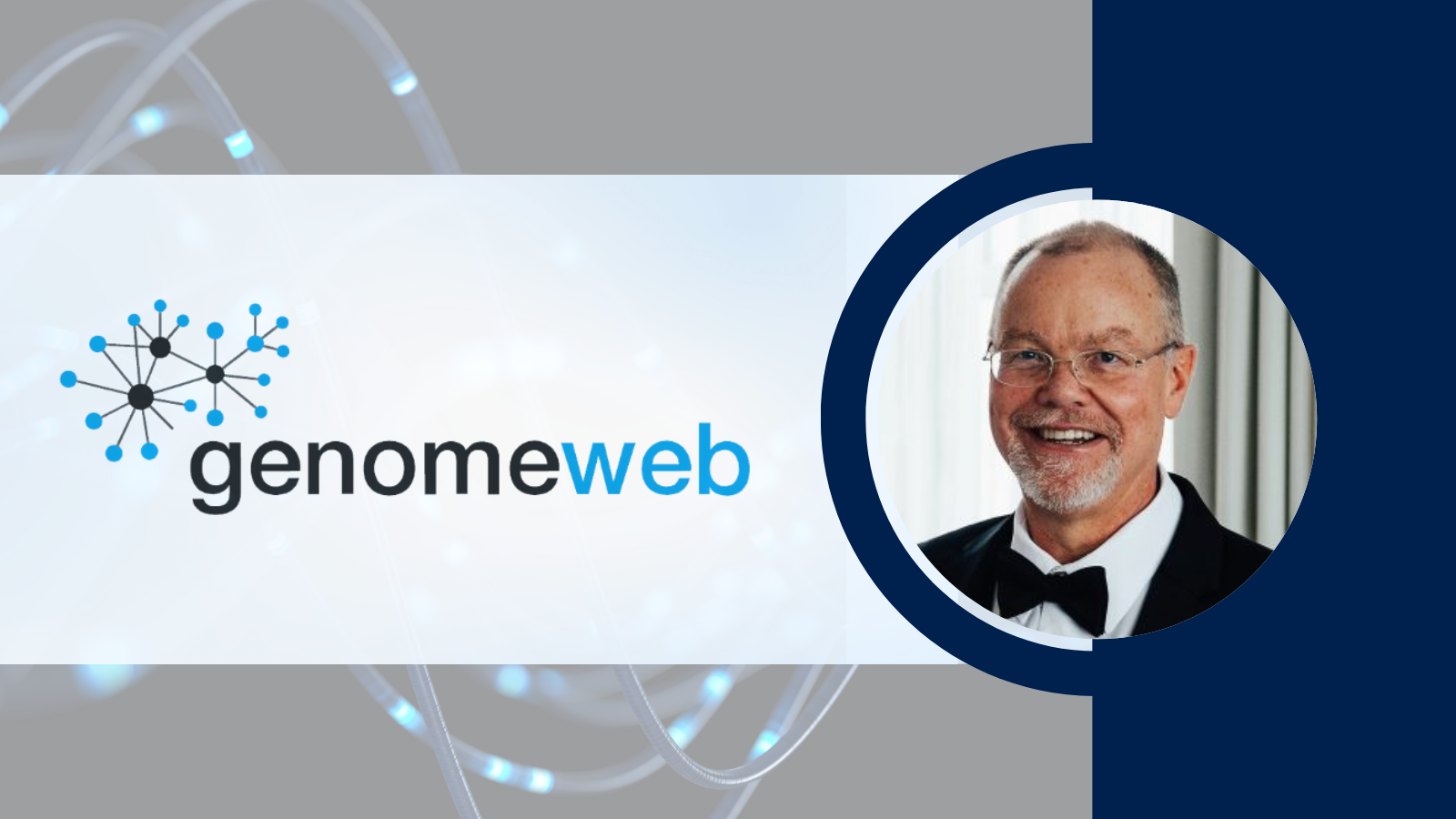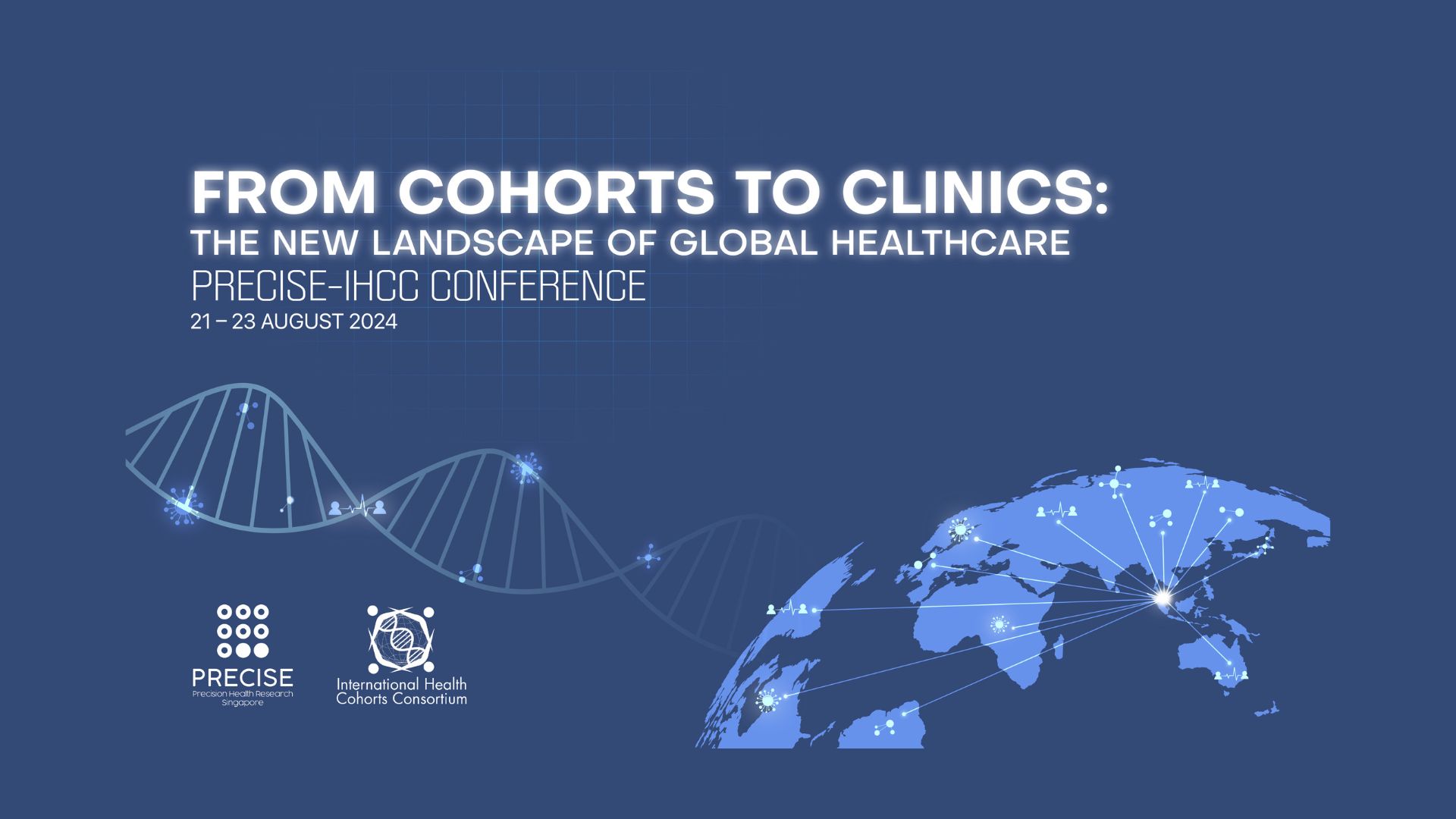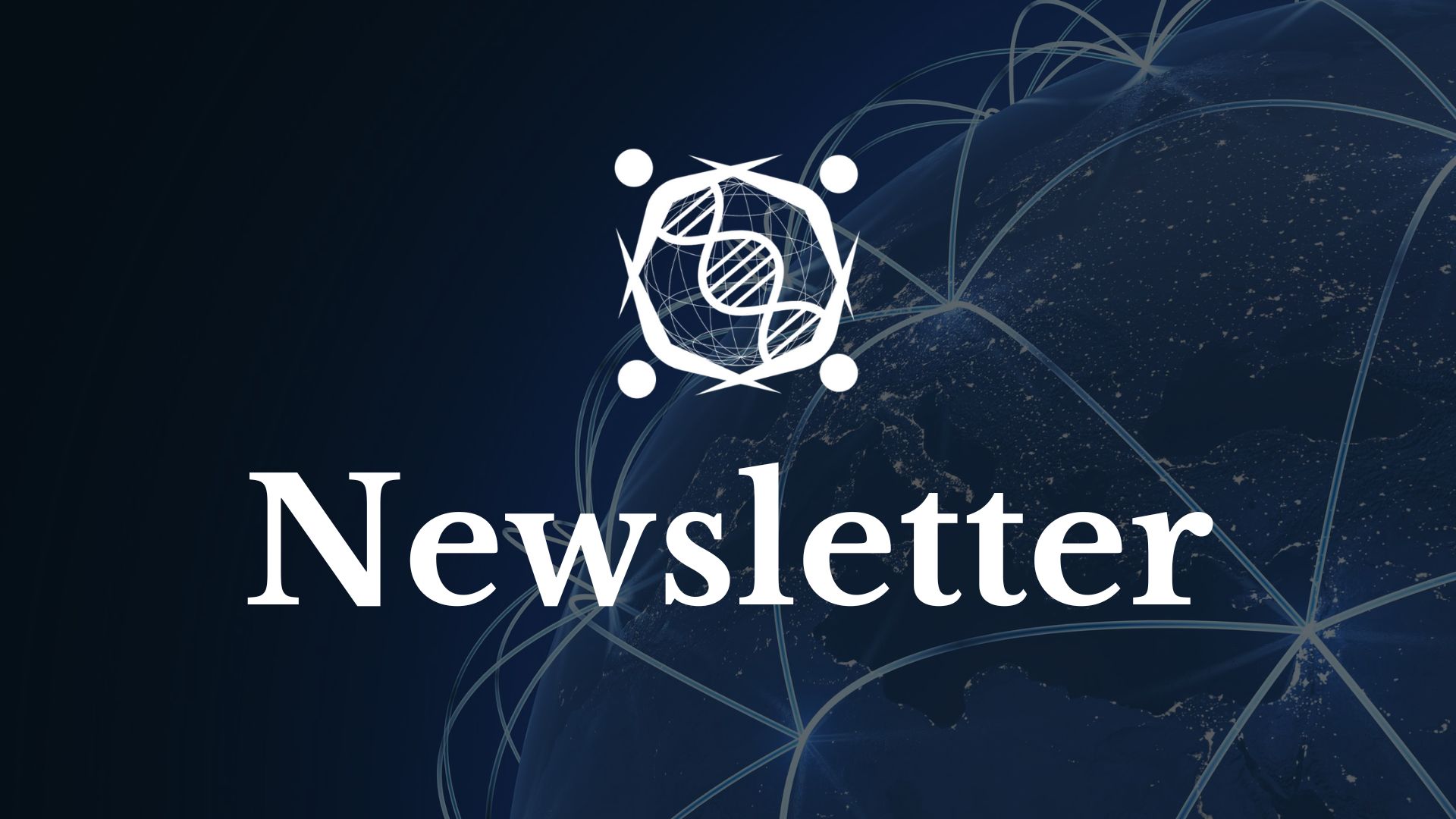How the Davos Alzheimer’s Collaborative is Using Global Cohorts to Tackle Alzheimer’s

Today, Alzheimer’s research is held back by a simple fact: we don’t fully understand the heterogeneity of the disease. Ninety percent of genomic research has studied white populations of European legacy, even though these populations only make up about 10% of the global population. This research has largely left out low- and middle-income countries and populations of color, giving us an incomplete picture of Alzheimer’s disease globally and making it harder for the world to tackle the disease. With better global data on diverse and heterogeneous populations, we can increase the odds of groundbreaking discoveries and gain a more sophisticated understanding of Alzheimer’s disease.
To address this problem and advance understanding of Alzheimer’s disease, the Davos Alzheimer’s Collaborative (DAC) – in partnership with the International HundredK+ Cohorts Consortium is creating a centralized set of data to help researchers conduct longitudinal studies of a large, global cohort. This cohort will improve Alzheimer’s outcomes in high-income, middle-income, and low-income nations by linking local discovery infrastructures through a standardized data system, enabling researchers to study therapeutic targets and associated biomarkers across the world.
Global cohort development is just one pillar of DAC’s global innovation system to speed and scale up the worldwide response to Alzheimer’s disease, lower costs of treatment and care, and bring new Alzheimer’s innovations to market. DAC is also building a global clinical trials support platform and supporting global health system preparedness. Incubated by the World Economic Forum and its partner, the Global CEO Initiative on Alzheimer’s Disease, DAC is a global pre-competitive alliance dedicated to scaling, linking, and engaging with existing efforts to tackle Alzheimer’s worldwide.
DAC is pursuing collaboration with cohorts across the globe, and its partnership with IHCC has resulted in an initial cohort of over 1.5 million people representing South America, North America, Africa, Europe, Asia and the Middle East. DAC’s partner cohorts will be connected by an interoperable cross-cohort infrastructure on a shared data and biorepository platform, and ultimately linked to the Alzheimer’s Disease Workbench created by Alzheimer’s Data Discovery Initiative.
The initiative will also provide state-of-the-art capabilities and infrastructure for global research at scale, along with flexible data sharing models. A governance structure with bio-ethical standards of practice will manage and support experts, subjects, and stakeholders.
DAC has already laid a solid foundation for future progress. Over the last twelve months, we have worked with 75 leading researchers to identify the most crucial metrics to guide our cohort efforts. These metrics span the diverse areas of digital phenotyping, imaging biomarkers, clinical phenotyping, genomics, proteomics and metabolomics. In partnership with IHCC, we have also developed a prototype Data Atlas which will consolidate data from distinct national cohorts. Finally, DAC surveyed interested cohorts to understand how we might apply their data to Alzheimer’s disease. In recognition of these milestones, Gates Ventures has identified DAC as a “flagship project” of the Alzheimer’s Disease Data initiative.
These collaborative efforts are essential to the fight against Alzheimer’s. With a truly global research cohort, we can understand the full complexity of this devastating disease, catalyze discovery, and equitably serve the world. To learn more about DAC’s ongoing efforts, contact us, or visit davosalzheimerscollaborative.org.








